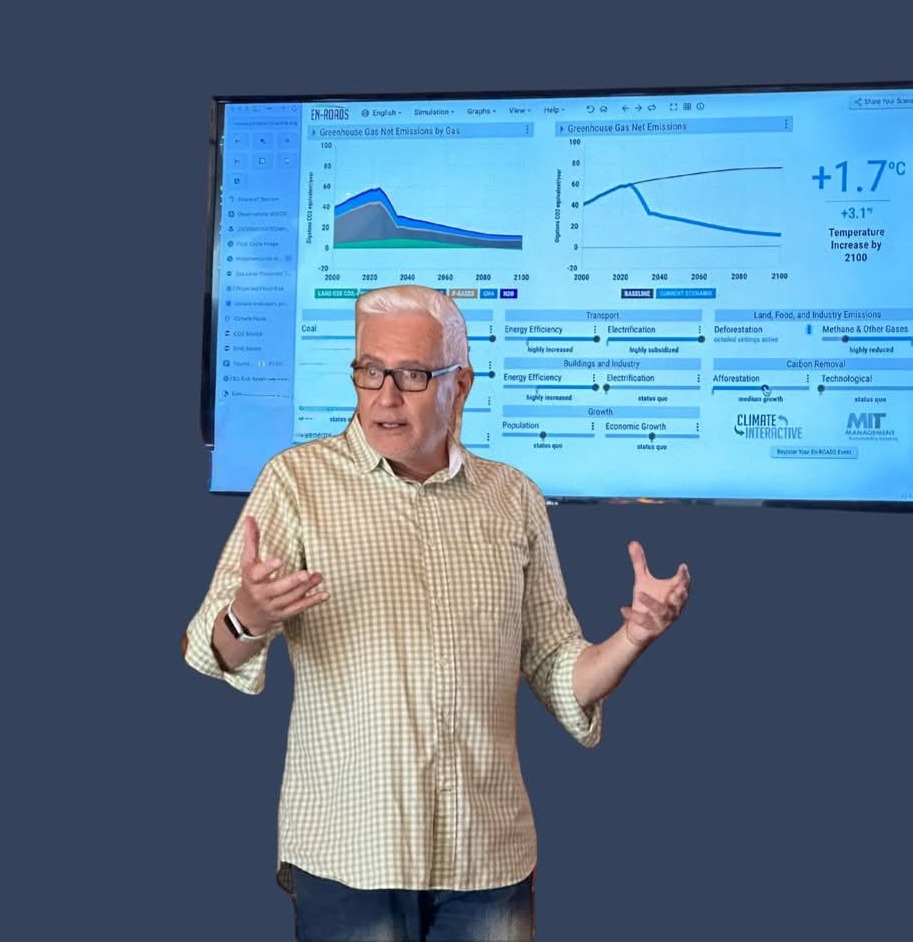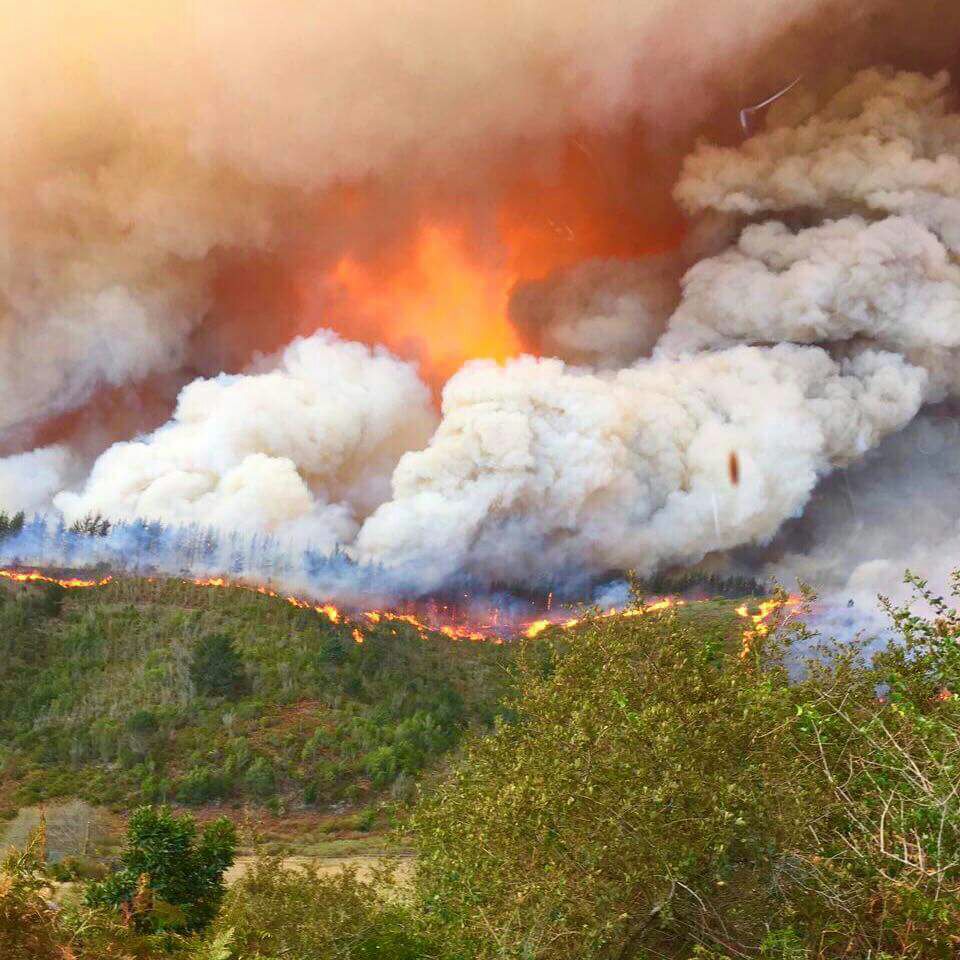ENVIRONMENTAL NEWS - Social media reaction to a recent George Herald article about climate, highlighted just how little most people understand about climate change.
In response to the article, “Greenhouse gas surge tied to deadly floods and fires”, covering a sobering presentation by Future Climate IQ founder Peter du Toit, Facebook commentators labelled the data as "fake news", "fearmongering", "exaggerated" and "skewed to get CO2 taxes and smart cities approved".
One commentator compared it to the Gauls in Asterix’s fear of the sky falling on their heads - a popular metaphor for an irrational or exaggerated fear of the unknown or the uncontrollable.
In response to the sceptics, Du Toit, who spoke at the Garden Route Environmental Forum (Gref) Indaba at the NMU George Campus on Friday 27 June, said, “The Facebook comments are a classic case of the ‘vocal minority’ skewing online debates”.
Climate literacy gap
He noted the reaction reminded him of a 2023 Yale/Meta study on South Africa’s climate opinions. Although the study found that 86% of us agree climate change is real, with only 3% denying its existence, a whopping 61% mistakenly blames nature, or a mix of human and natural causes.
In other words, while most people in this region believe climate change is real and should be a priority to government, they don’t believe they are personally responsible or at risk of being affected by it.
Du Toit said this pointed to a climate literacy gap.
Spotlighting the recent Eastern Cape floods that killed at least 102 people, most of whom lived in a flood plain,
Du Toit highlighted the need for a massive climate literacy campaign to keep people safe. The same can be said of the death toll in the April 2022 KZN floods, when a large portion of the approximately 430 people who died had lived in informal settlements in flood-prone areas such as low-lying riverbanks, wetlands and floodplains.

Asked to explain why scientists pin observed climate change on human emissions, Du Toit said climate scientists reached their conclusion by being like detectives.
• First, they ruled out natural causes, including the sun, volcanoes and orbital cycles. “The sun’s energy, they found, decreased since 1980, yet global temperatures have soared. So it couldn’t be the sun.”
• Scientists also found that volcanic ash cooled the Earth and their CO2 was only 1% of what humans put in the atmosphere, so warming couldn’t be caused by volcanic activity.
• Looking at orbital cycles, Du Toit said scientists found these predicted the Earth should be cooling now, but we’re heating up 10x faster than natural shifts. So it cannot be the Earth’s orbital cycles, either.
Smoking gun
Then, he said, they found the smoking gun.
Using isotopic fingerprinting (a bit like reading a chemical barcode), they pinpointed exactly where the CO2 in our atmosphere came from.
“The unique mix of carbon atoms in today’s CO2 matches the signature left by burning fossil fuels (like coal, oil and gas) and not the mix found in CO2 found from volcanos and other natural sources.”
In addition, Du Toit said, ice core data showed scientists today’s CO2 levels rises 100x faster than any natural change in the past 800 000 years. “Therefore, only human emissions explain the speed, scale and source of warming we are experiencing today,” he said.
 Climate change is said to have had a significant impact on the unfolding of the 2017 Knysna fires. Photo: ArchivesOudtshoorn, beware
Climate change is said to have had a significant impact on the unfolding of the 2017 Knysna fires. Photo: ArchivesOudtshoorn, beware
A recent intergovernmental panel on climate change (IPCC) report highlighted how ecosystems and communities living in environments that are already near the maximum temperatures they can tolerate are especially vulnerable to even small increases in heat.
In the Garden Route, Oudtshoorn could be considered to fall within this category.
“They already experience high temperatures in summer, and if these increase even slightly, the area can experience dangerous heat for both humans, animals and plants,” Du Toit said
He said how to keep the vulnerable, such as children and the elderly, as well as animals in that area cool, should be an urgent conversation right now, as we cross 1,5°C of heating.
In the wake of the recent Gref indaba, the Garden Route District Municipality echoed the sentiment of urgency, stating that the development of resilient infrastructure and responsible environmental management was no longer a "nice to have", but essential.
Also read:
- Greenhouse gas surge tied to deadly floods and fires
- Climate change burns through Garden Route
- Leadership vacuum throttles SA, specialist says
- Fire danger places Invasive Alien Plants in the spotlight
- Western Cape hosts Mediterranean Climate Action Partners
- The climate change reality in SA: An engineer’s call to action
‘We bring you the latest Garden Route, Hessequa, Karoo news’
















